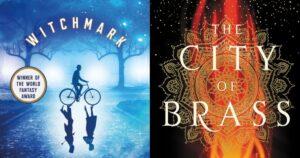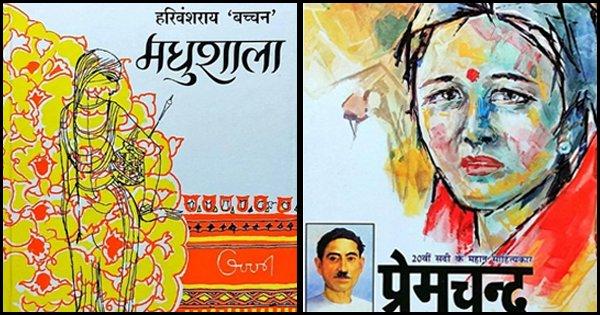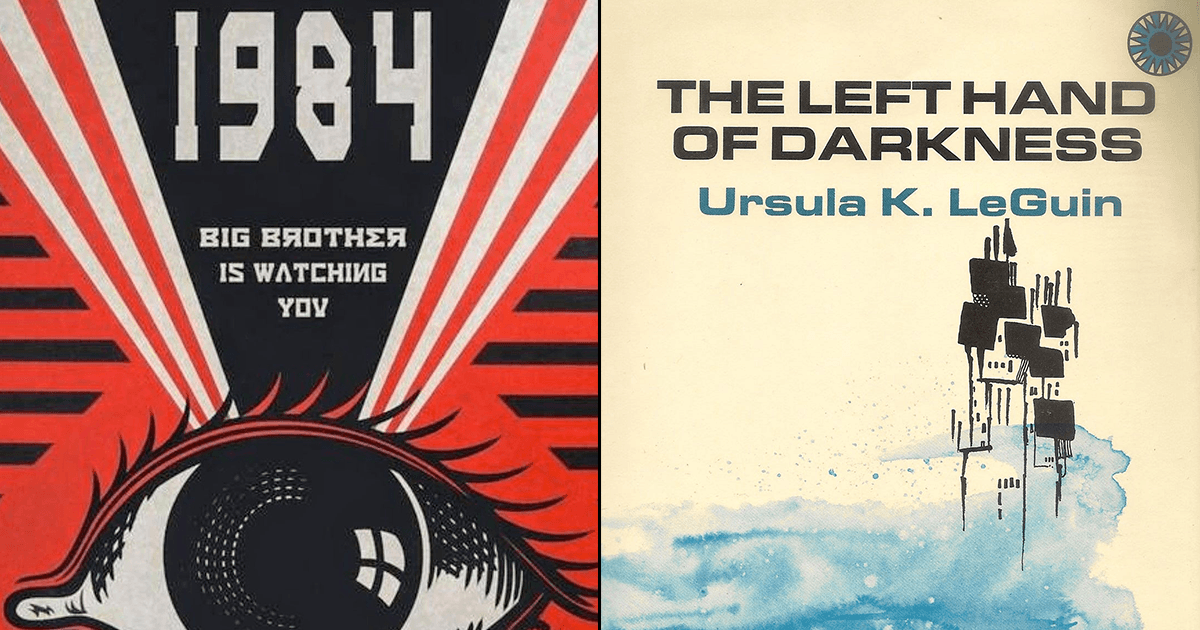Psychology has long established that parents are the most influential people in one’s life. They are our first contact with the world and we learn everything from them, including our emotional patterns which shape us up as human beings.
But most Indian parents often complain of their kids not spending enough time with them. Well, most of us are guilty of having reduced our interaction with our parents too. We don’t really have deep conversations with them, let alone updating them about our lives.
Come to think of it, how many of our parents really know about our love life or how upset we are with our jobs? How many of us can freely discuss our passions, hobbies, start-up ideas and interests? And most of us can definitely not tell our parents about the various night outs with friends where we’ve only managed to pass out.
However, what most parents fail to realise is that the excessive amount of discipline could have been the cause of this emotional distance. Having a crush meant being scolded, wanting to go for a party with friends came with a strict ‘No’ and dreams of following your passion of art meant endless argument. Somewhere, strict parents ended up making their children feel like they’ll always be on the wrong side. The parent’s version of reality would always be considered right and the child’s, well, mostly wrong.
This constant control and telling kids what they can or cannot do leads any child to be angry, disappointed and eventually, distanced.
All of this is validated in Kafka’s letter to his father, where he accuses and apologises his father for how their relationship turned sour. There’s a weird sense of comfort of shared reality that you would derive out of this:
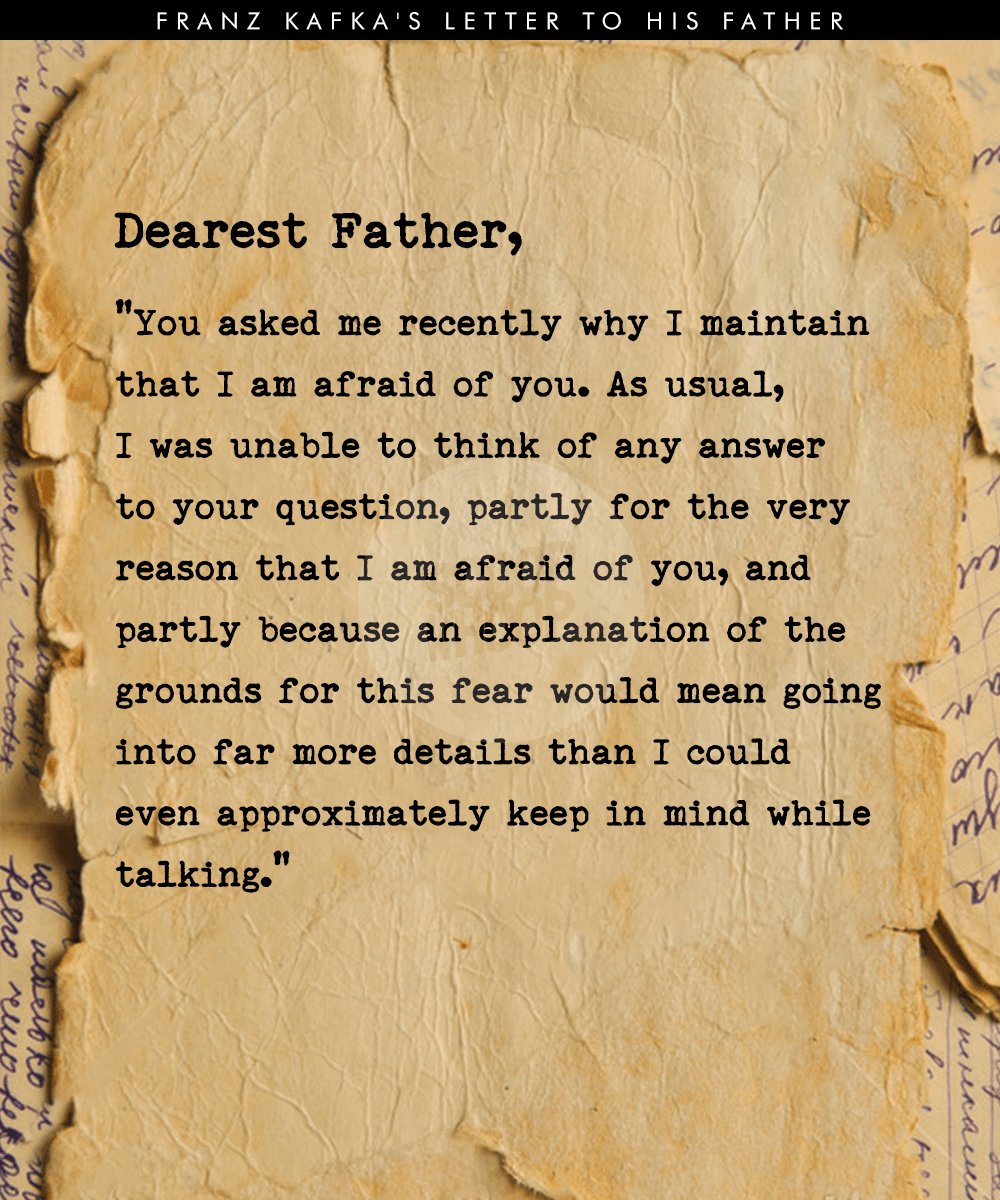
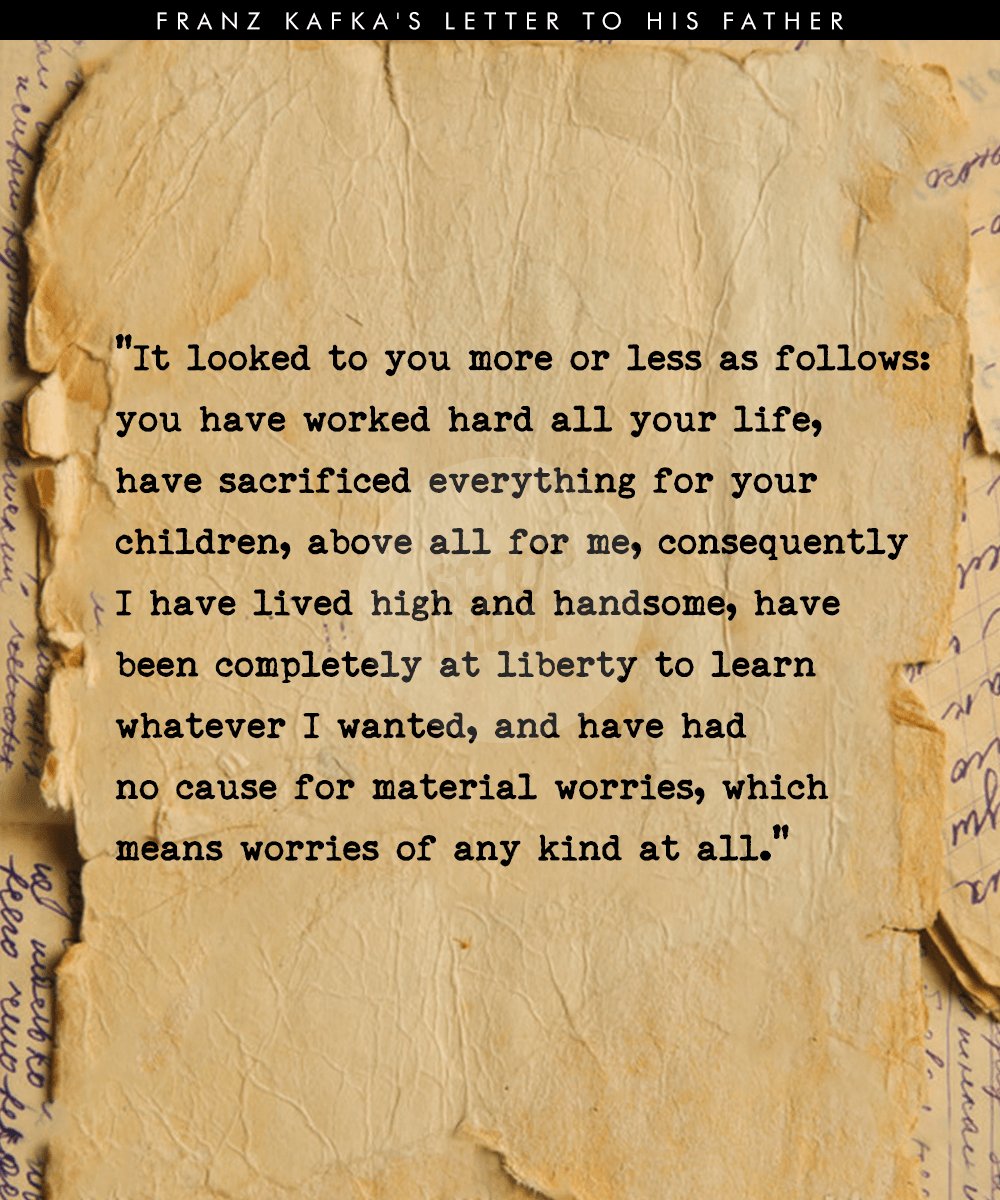
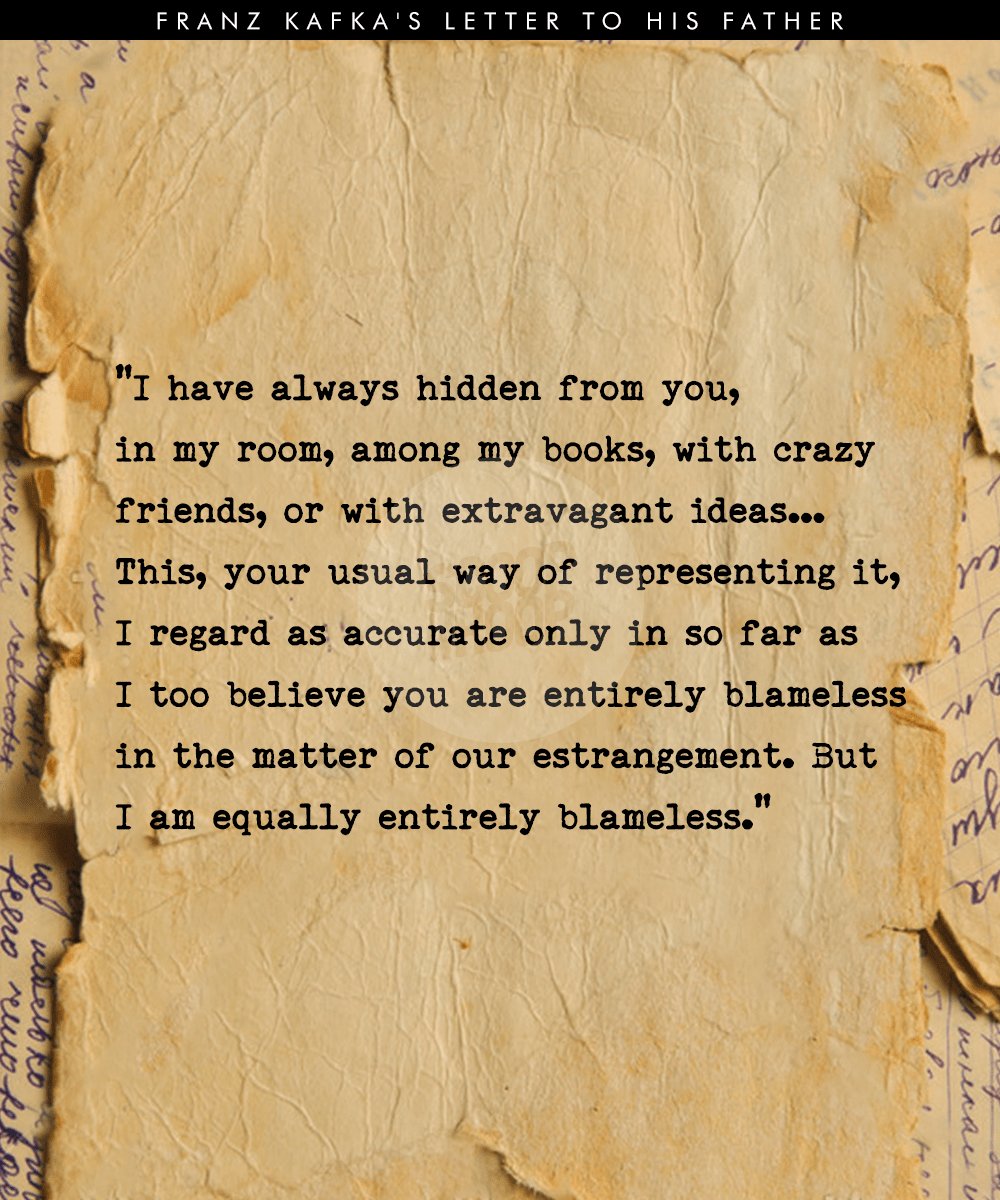
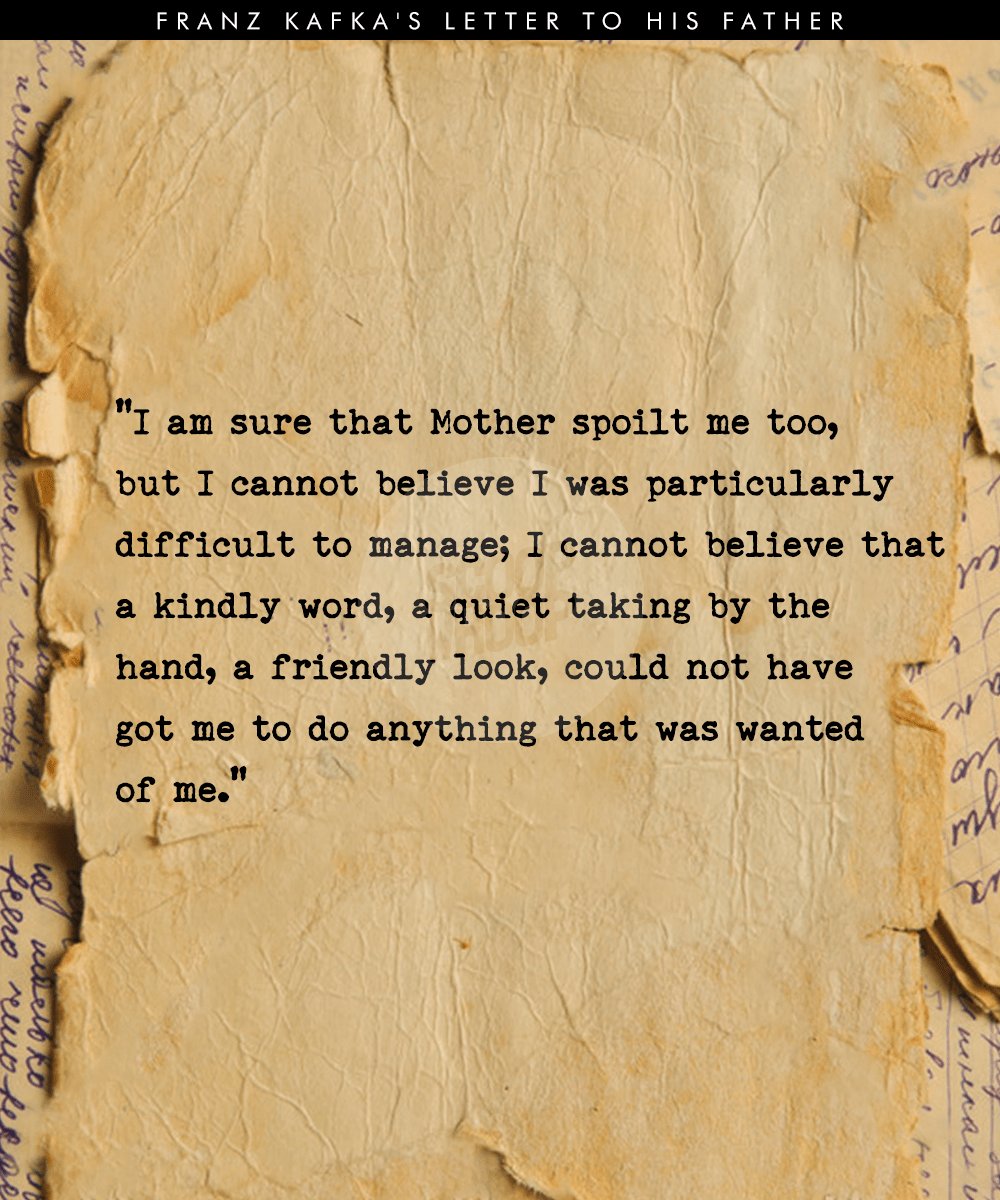
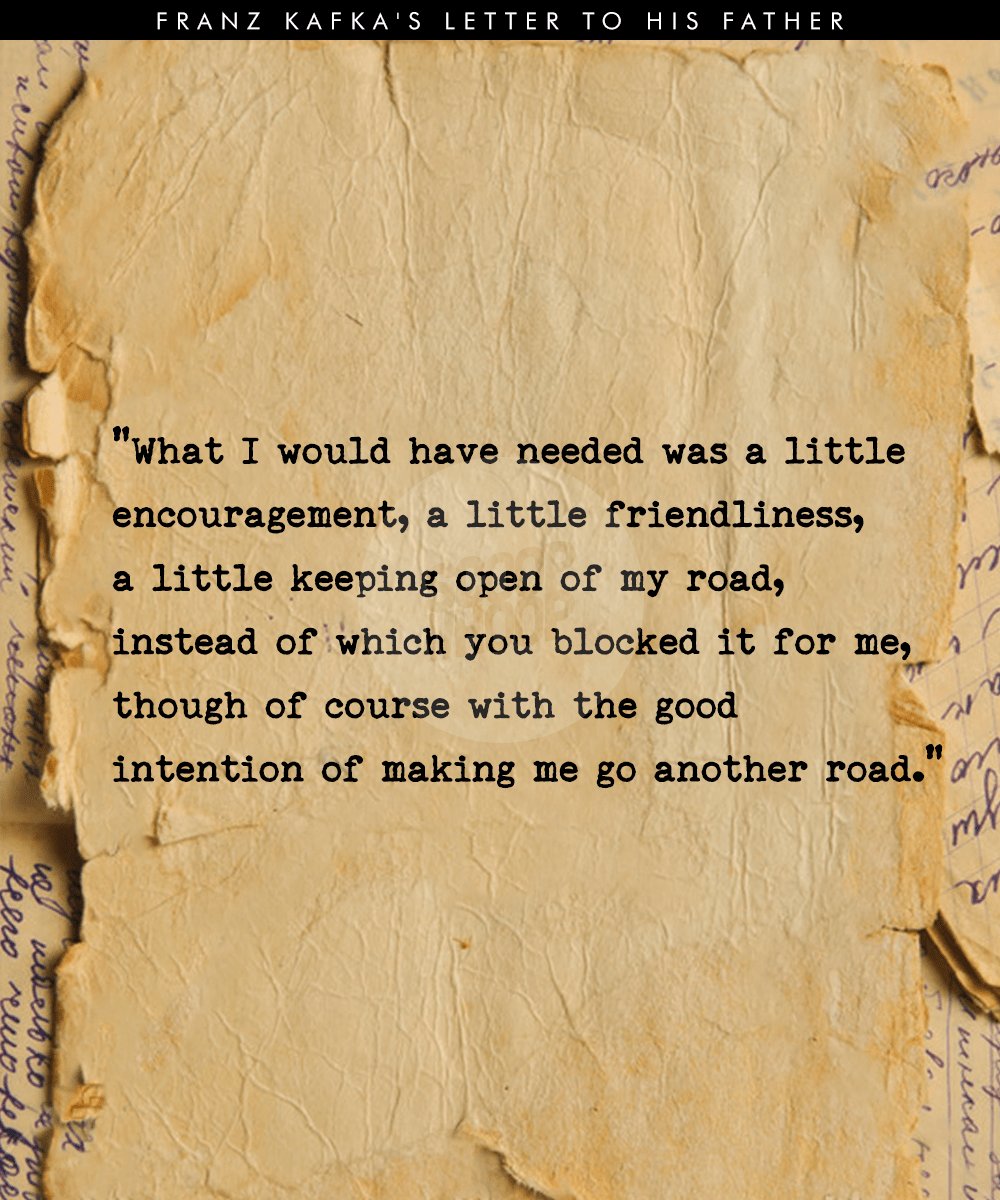
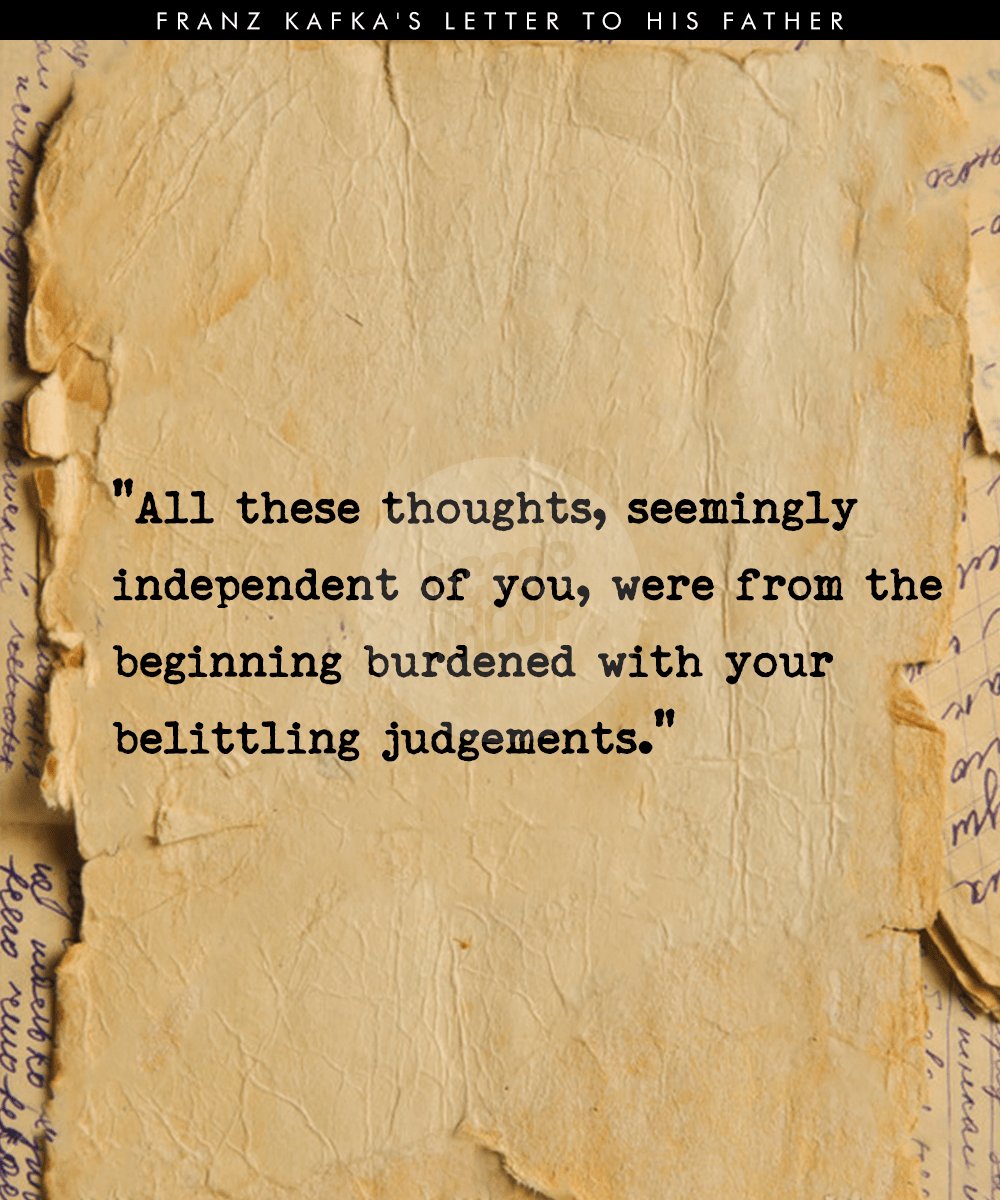
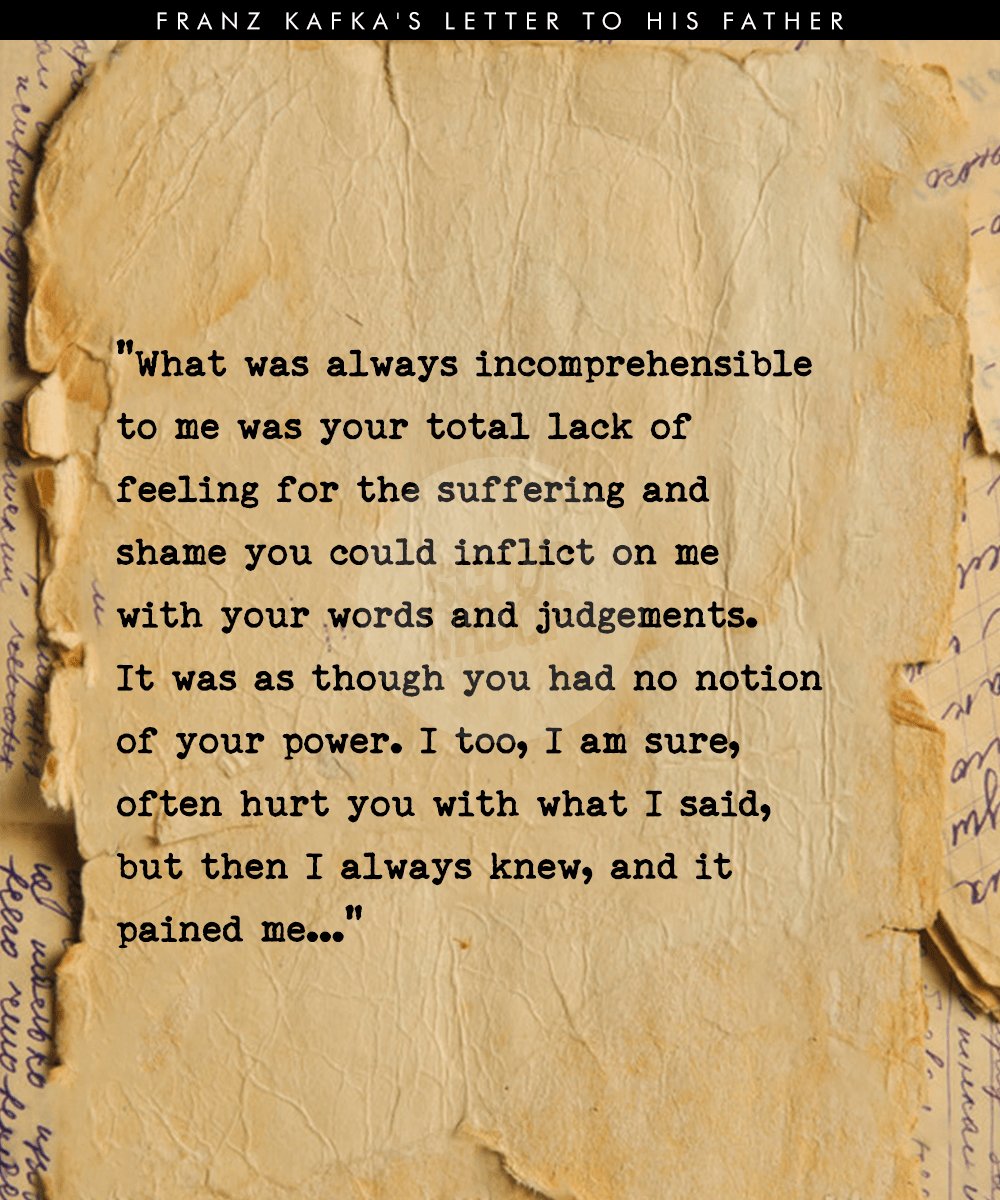
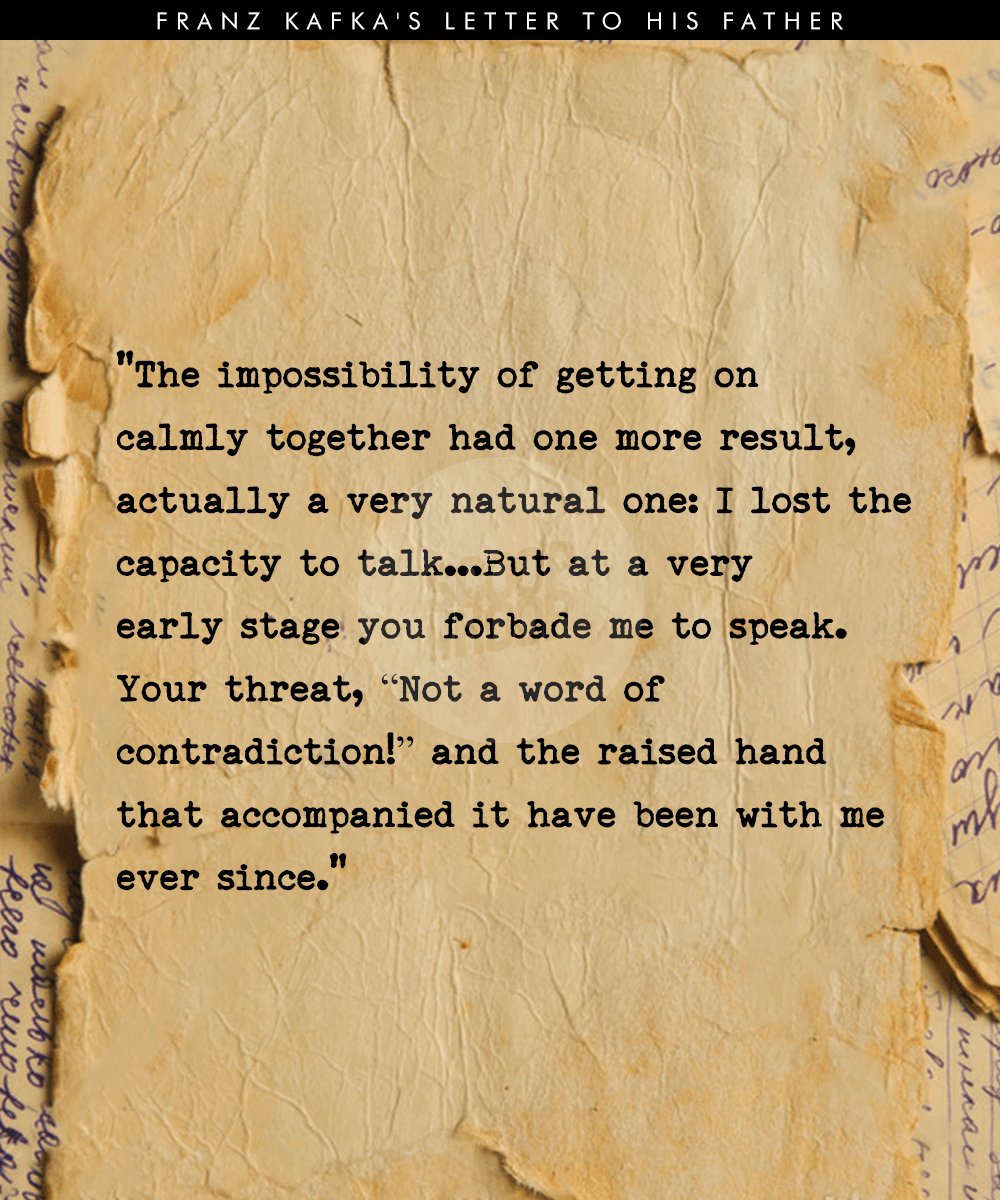

According to Kafka’s friend Max Brod, Kafka handed it over to his mother but she never passed it on to his father. Instead, she gave it back to Kafka. Out of all the abuses and tragedies of the father-son relationship, the saddest was the letter’s fate.




